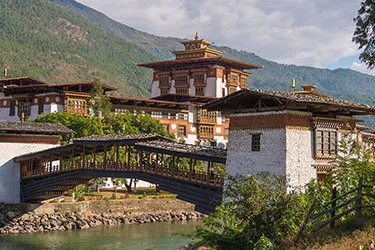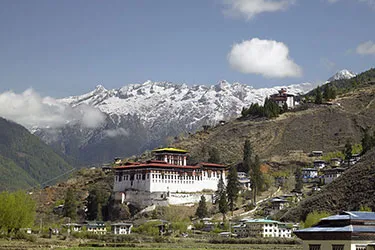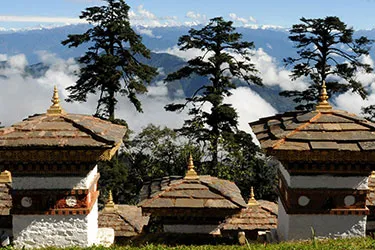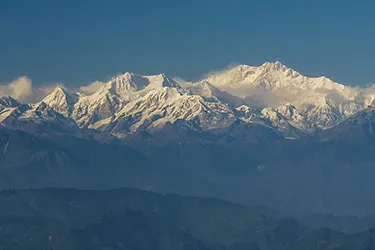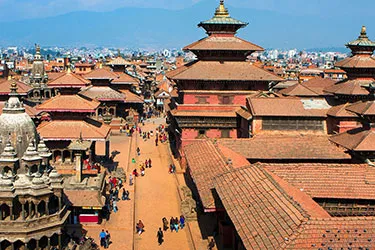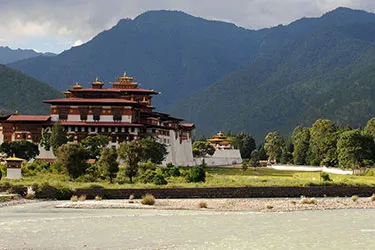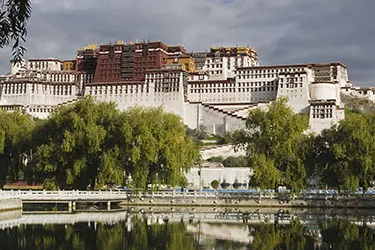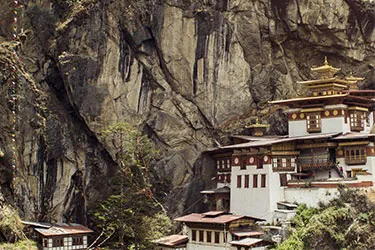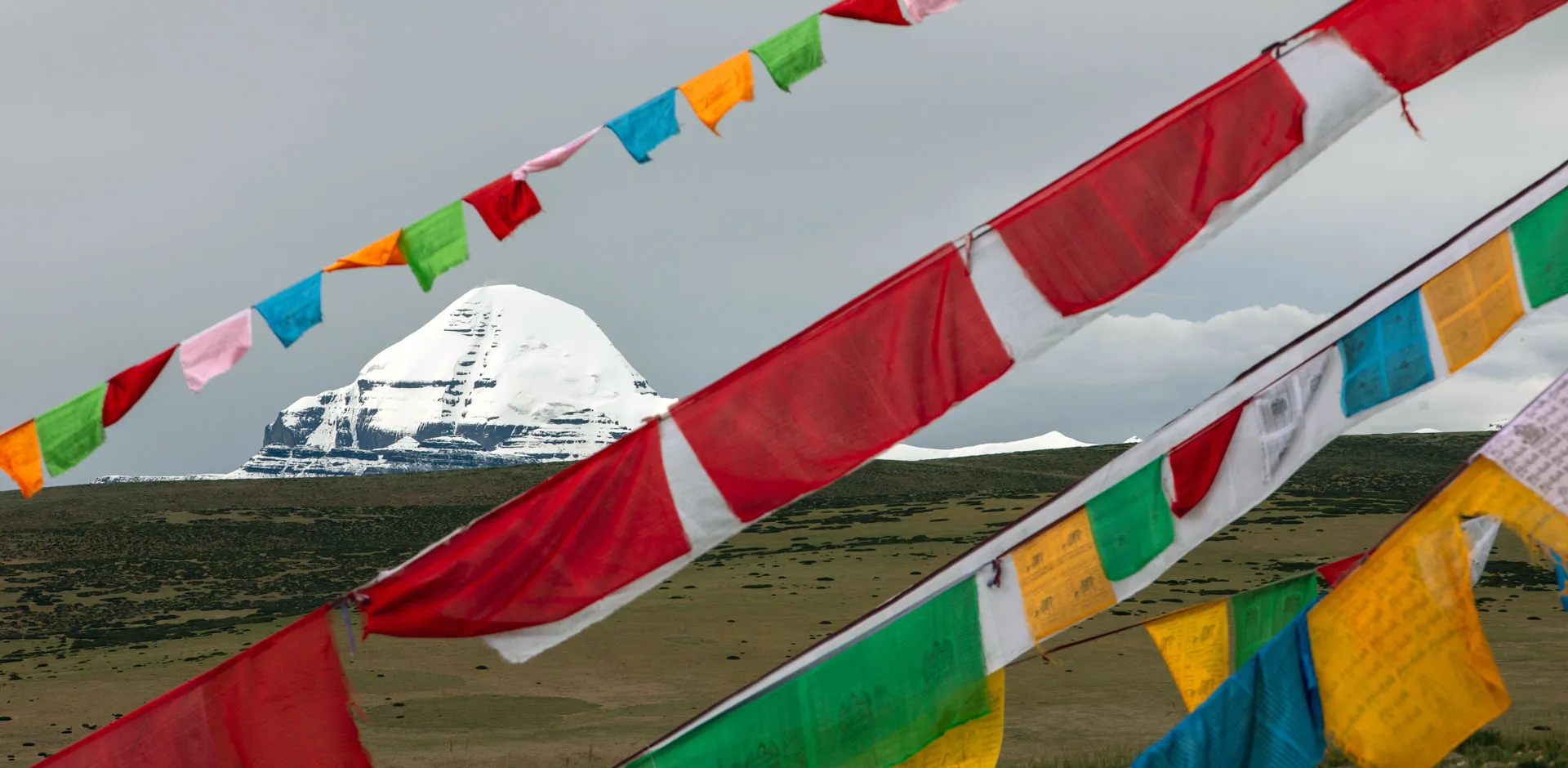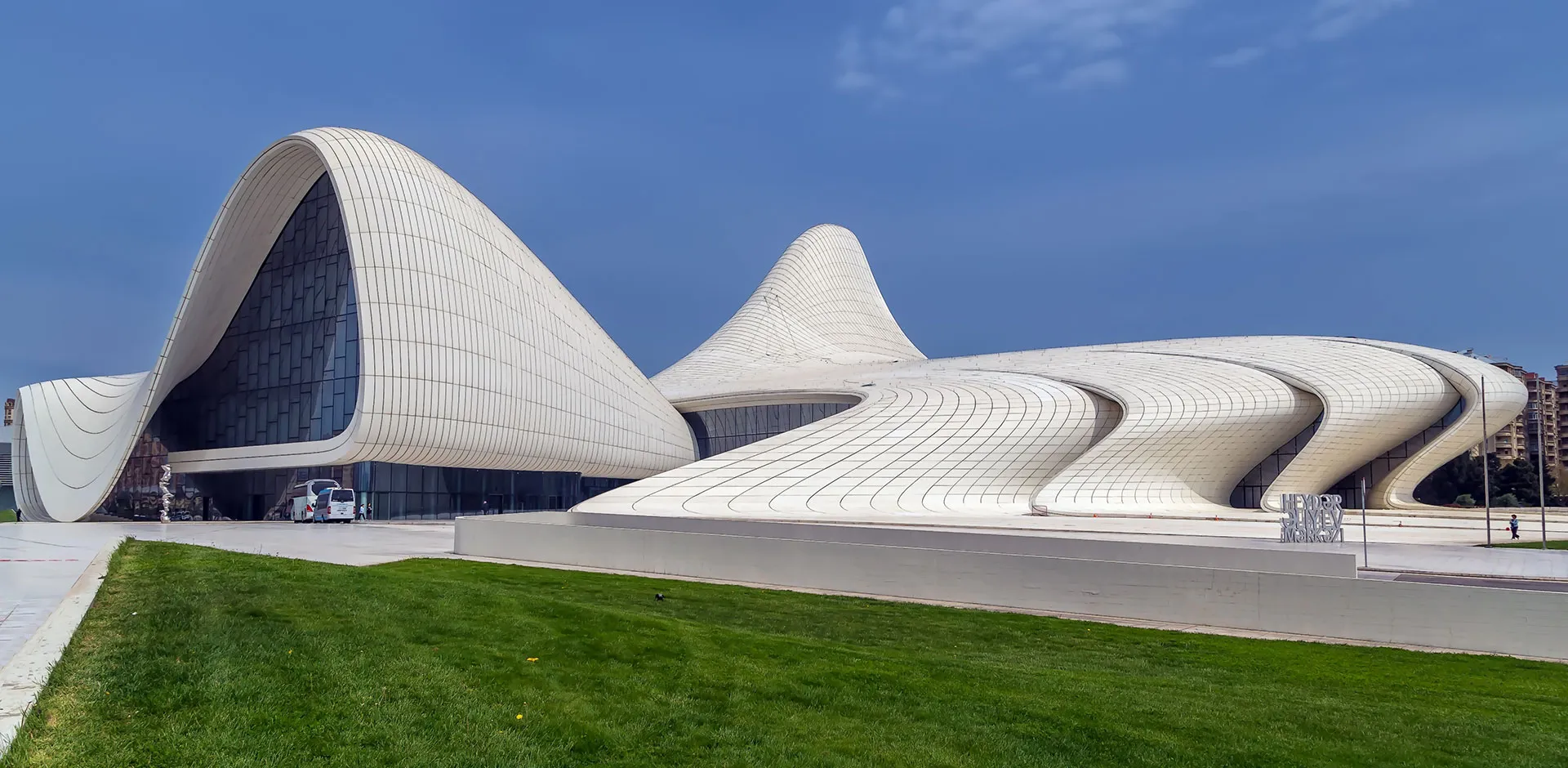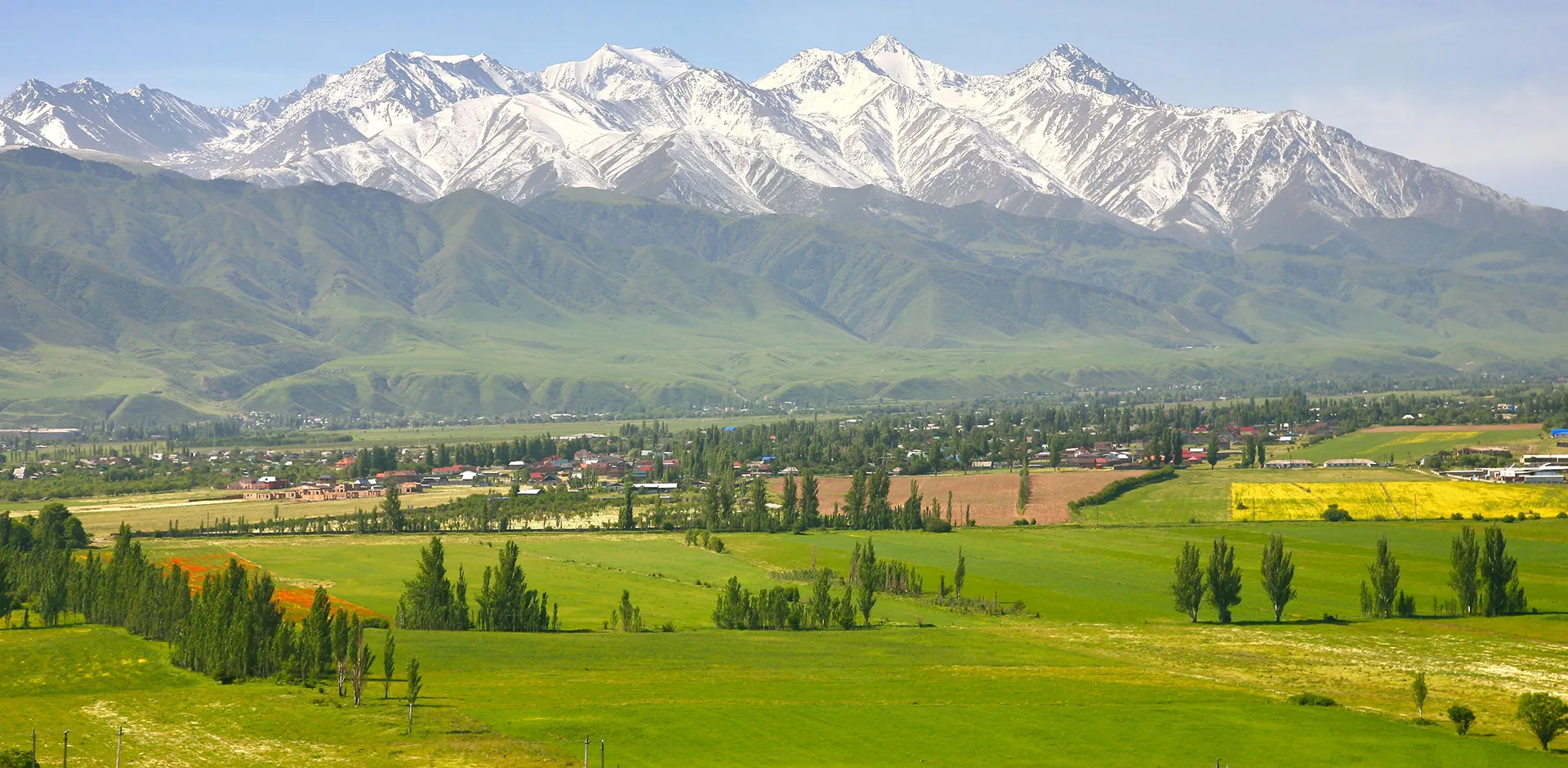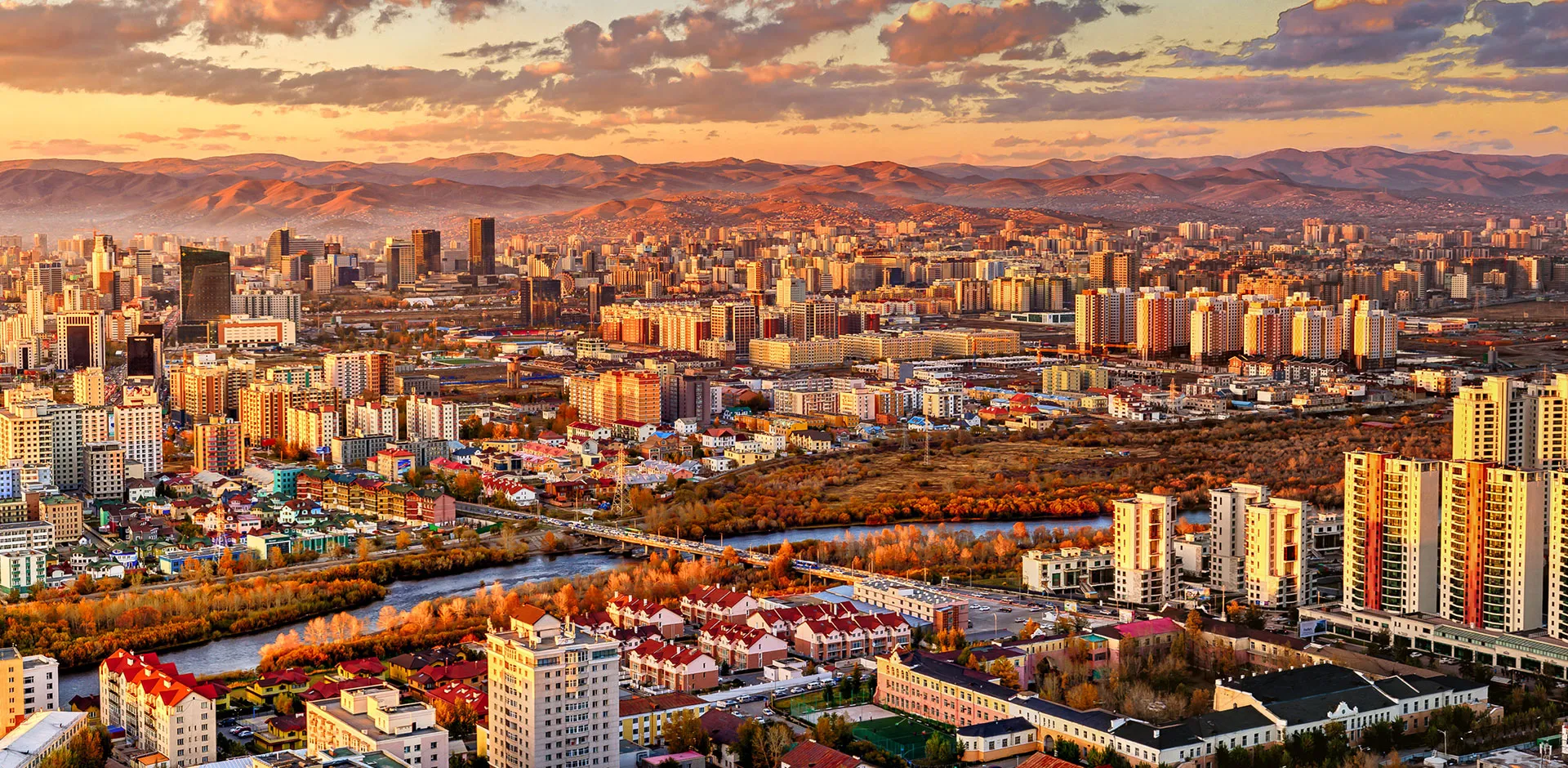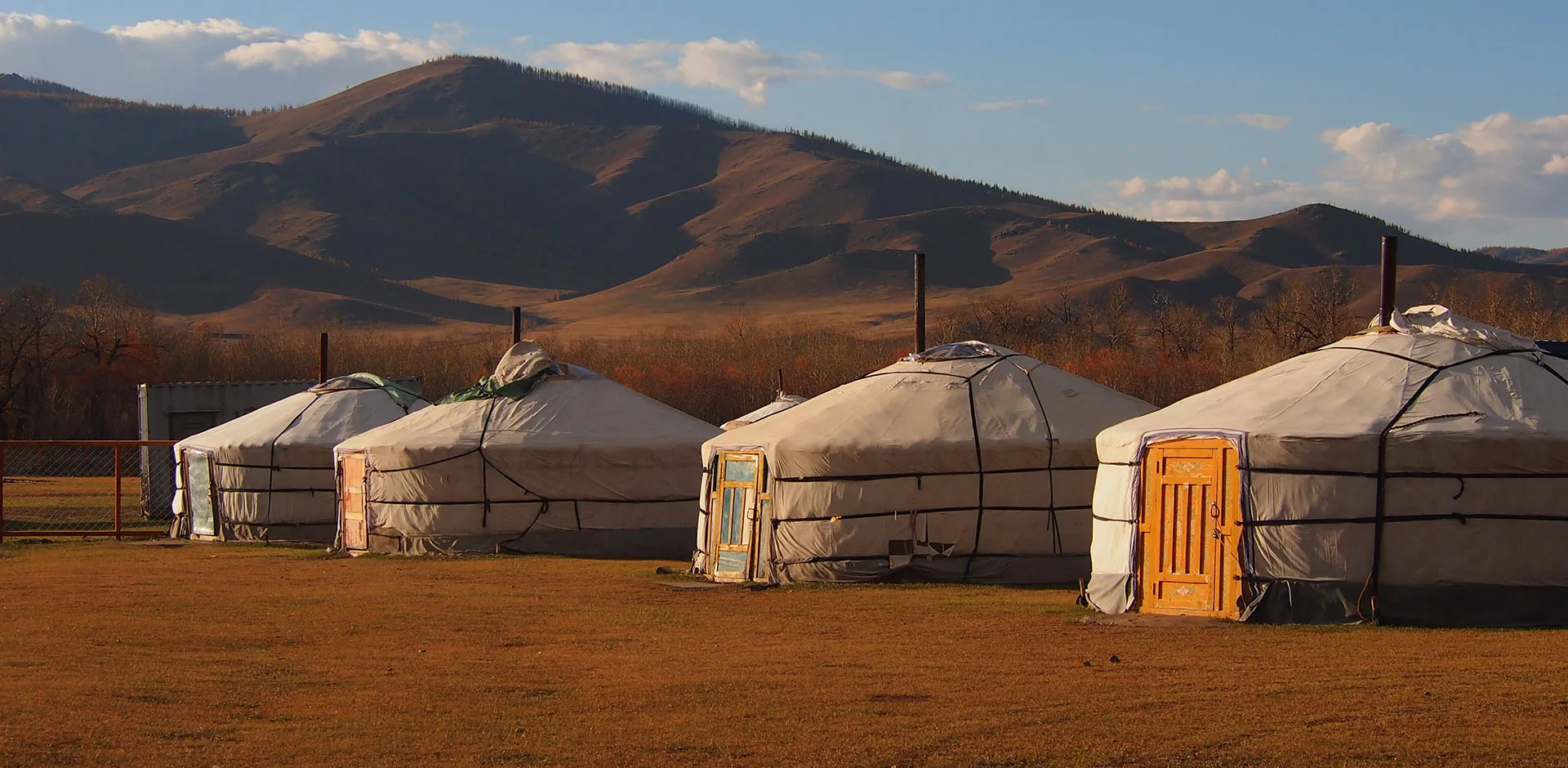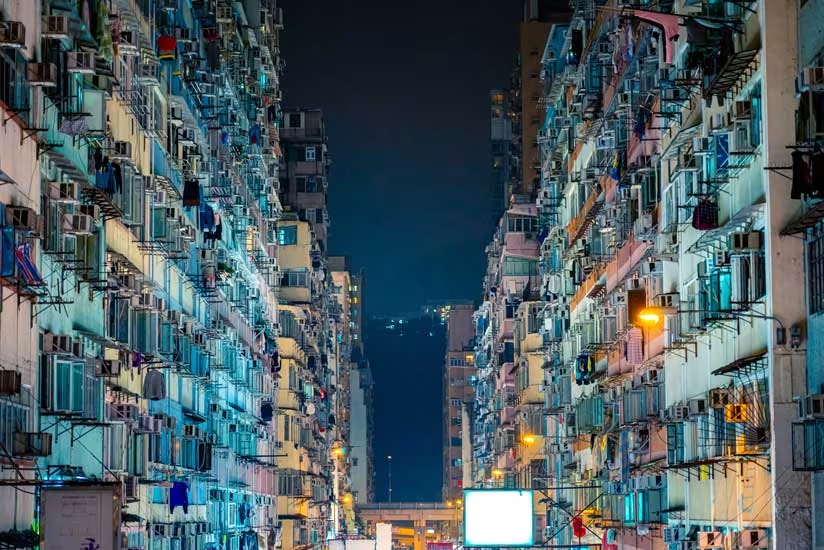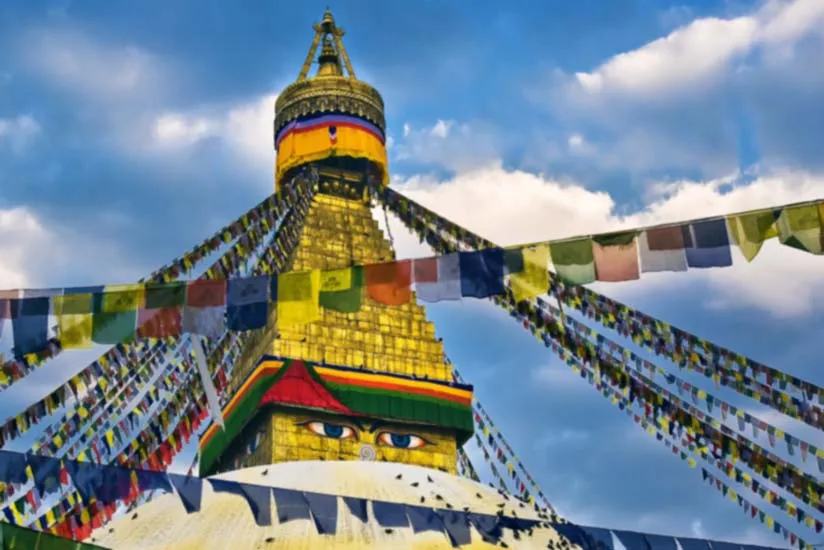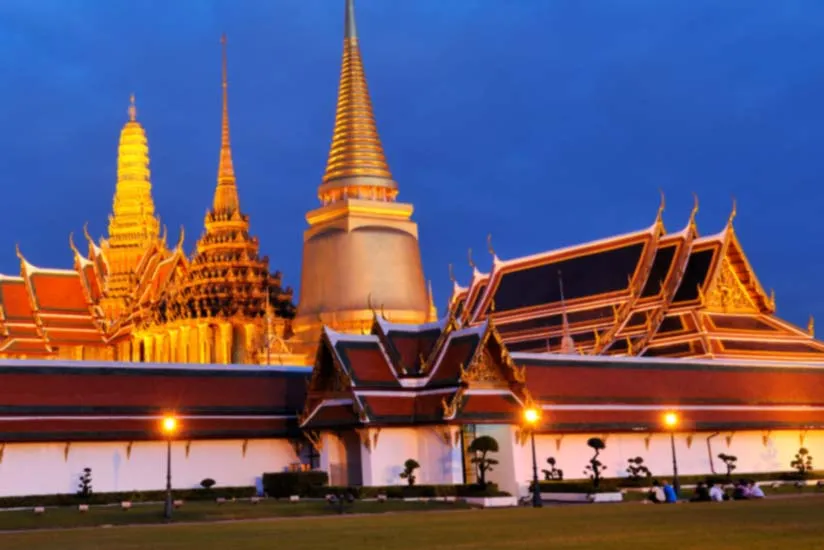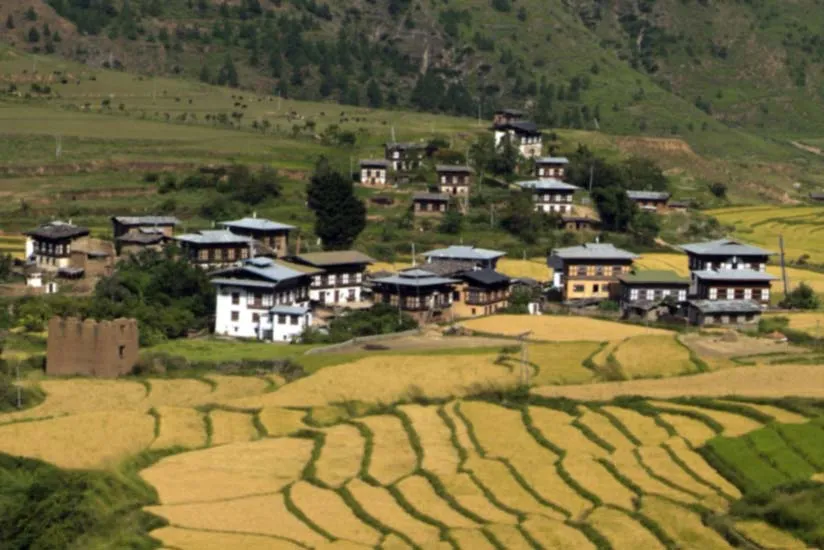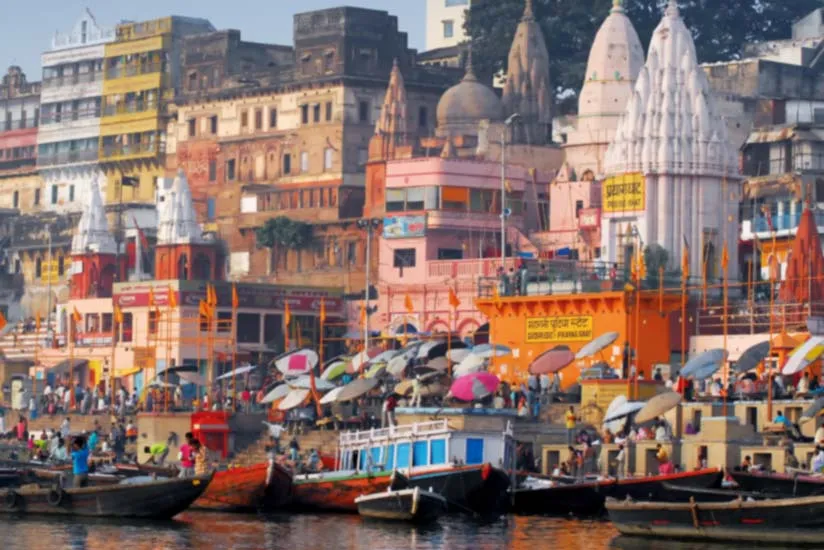Trongsa Dzong
Trongsa Dzong is a majestic fortress and monastery dating back to the 16th century. It served as a vital administrative and religious center and played a crucial role in Bhutan's history. The Dzong features stunning architecture, ornate wood carvings, and exquisite wall paintings. It also houses a museum and hosts the annual Trongsa Tsechu, a vibrant religious festival with traditional mask dances and rituals.
Trongsa Museum
The Tower of Trongsa, or Ta Dzong, is a watchtower-turned-museum that offers panoramic views of Trongsa Dzong and the surrounding valley. The museum showcases the history of the Wangchuck dynasty, Bhutan's monarchy, and the significance of Trongsa in Bhutan's history. The exhibits include royal memorabilia, religious artifacts, and traditional weapons.
Hiking and Trekking
Kuenga Rabten Palace, the winter residence of Bhutan's second king, Jigme Wangchuck, is a beautiful two-story building that showcases traditional Bhutanese architecture. A hike to the palace takes you through lush forests and offers stunning views of the valley. The palace houses religious artifacts and provides insights into the life of the royal family.
Discover Chendebji Chorten
Chendebji Chorten, an 18th-century stupa, is built in the Nepalese style and modeled after the Swayambhunath Stupa in Kathmandu. The Chorten is believed to have been constructed to subdue a harmful spirit and is an important place of worship for the local community. The site is surrounded by prayer flags and offers a peaceful atmosphere for contemplation and meditation.
Thruepang Palace
Thruepang Palace, the birthplace of Bhutan's third king, Jigme Dorji Wangchuck, is a modest, traditional Bhutanese house. Although not open to the public, visitors can view the exterior of the palace and learn about its historical significance. The palace grounds offer beautiful views of the surrounding landscape.
Cultural Experience
Trongsa offers opportunities to experience traditional Bhutanese village life. Visit local villages and interact with the friendly people to gain insights into their customs, traditions, and daily routines. You can also try authentic Bhutanese cuisine and participate in traditional activities, such as archery, the national sport of Bhutan.



